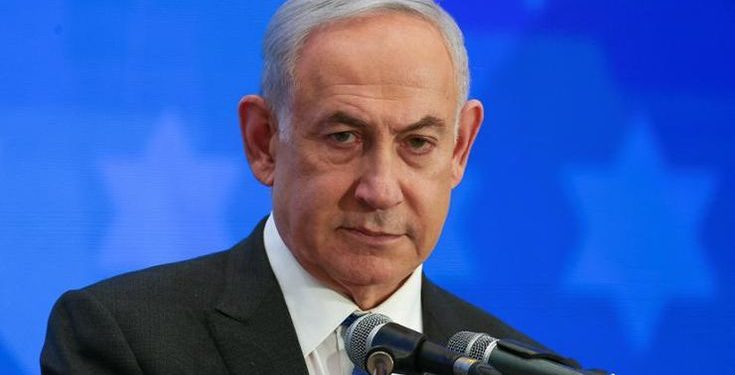Israel launched a series of airstrikes targeting Iranian military and nuclear infrastructure, including a high-profile attack near Tabriz Airport in northwestern Iran. The offensive, described as one of the most extensive Israeli military operations in recent years, triggered immediate Iranian retaliation and sent shockwaves through global financial markets, particularly in the energy sector.
The initial wave of strikes, which began late Thursday night and continued into the early hours of Friday, was part of a broader Israeli military campaign dubbed “Operation Rising Lion.” This operation targeted over 100 strategic sites across Iran, including nuclear enrichment facilities in Natanz, missile depots in Khorramabad, and key Iranian Revolutionary Guard Corps (IRGC) outposts near Tehran. The Israeli Defense Forces (IDF) reportedly deployed approximately 200 aircraft, supported by long-range missiles and electronic warfare assets. Special operations units coordinated with Mossad to sabotage Iranian air defense systems from within, significantly weakening Iran’s ability to intercept incoming fire.
One of the most widely reported events of the night was the strike near Tabriz Airport, located in Iran’s northwest, where loud explosions were heard. Iranian media and residents confirmed the attack, but official sources provided minimal details. While Israel has not formally confirmed responsibility for this specific strike, it aligns with the broader objectives of the current military operation.
Israeli Prime Minister Benjamin Netanyahu, in a nationally broadcast pre-recorded message, described Iran’s nuclear program as a “clear and present danger not only to Israel, but to global stability.” He declared that Israel would continue its operations against Iran “as long as it takes” to ensure its national security. Defense Minister Israel Katz announced a state of emergency across the country, warning citizens to remain close to shelters due to the high likelihood of Iranian retaliatory strikes.
Iran’s response was swift. Within hours of the Israeli assault, Tehran launched a large-scale retaliatory operation, firing over 100 drones and missiles** toward Israeli territory. These drones traveled across **Iraqi airspace**, utilizing the Iraq–Israel corridor, a known but sensitive flight path for military assets in past conflicts. Many of these drones were intercepted by Israeli defense systems, including the Iron Dome and David’s Sling, while others were reportedly neutralized by Jordanian air defenses, illustrating the broader regional concern over escalation.
Iranian state media labeled Israel’s attack as a “declaration of war”and vowed a sustained military response. Ayatollah Ali Khamenei condemned the strikes as a violation of Iranian sovereignty and replaced several top military commanders allegedly killed in the Israeli assault. Iranian officials have promised that “the punishment will be severe,” further fueling fears of a regional conflict.
Market Reaction
This confrontation has sent financial markets into turmoil, especially the global oil markets. As news of the strikes broke, Brent crude prices surged by over 14%, briefly touching $78 per barrel before settling closer to $75.36. Analysts cite fears of supply disruptions and the risk of conflict spreading to key shipping routes such as the Strait of Hormuz, through which nearly one-fifth of global oil passes daily.
Equity markets across the globe reacted negatively. U.S. stock futures fell sharply, with the Dow Jones Industrial Average, S&P 500, and Nasdaq all down between 1.1% and 1.5% in premarket trading. European indices such as the FTSE 100 and Stoxx Europe 600 also experienced declines. In Asia, the Nikkei dropped nearly 1%, while Hong Kong’s Hang Seng Indexfell 0.6%.
Safe-haven assets saw renewed interest, with gold prices rising over 1% and government bond yields declining. The surge in oil prices is likely to reignite inflationary concerns globally, particularly as central banks cautiously navigate interest rate decisions amid already slowing economic growth. Market strategists warn of a potential stagflation scenario, especially if oil remains elevated for an extended period.
Diplomatic responses have begun to emerge. The United Nations, European Union, and several key global leaders have called for restraint and de-escalation. However, with both sides reinforcing their military postures and preparing for continued engagements, the likelihood of a broader conflict remains alarmingly high.























































